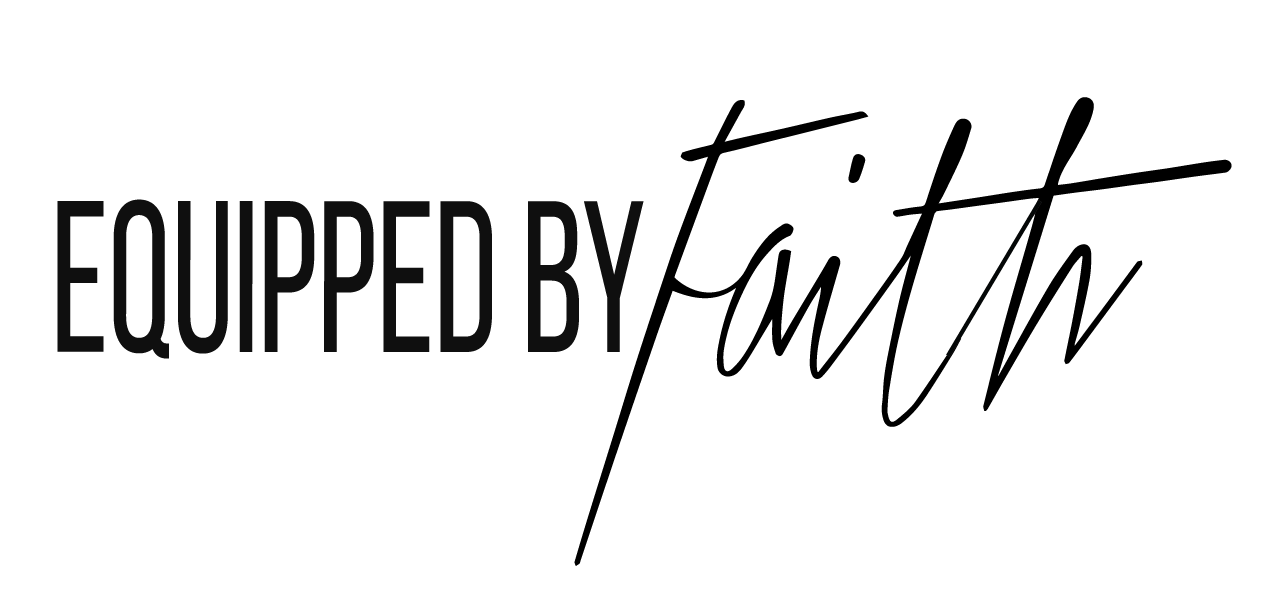THE BOOK OF RUTH
Ruth |ro͞oTH| a book of the Bible telling the story of Ruth, a Moabite woman, who married her deceased husband's kinsman Boaz and bore a son, Obed, who became grandfather to King David.
Ruth is a book of the Old Testament and a story written by Samuel, a prophet of the Lord. It is one of the shortest books of the Bible (only 4 chapters long) but it holds very valuable lessons about loyalty and doing what is right.
The story starts out with an Israelite man taking his wife, Naomi, and their two sons to a land called Moab because of the famine in Israel. The two sons ended up marrying Moabite women (one named Ruth and the other named Orpah). But sadly, Naomi's husband and both of her sons passed away—leaving Naomi, Ruth, and Orpah all alone as widows.
At this time in history, women didn’t have a way to make money on their own so Naomi needed to go back to Israel for a chance to live with her own people. She told Ruth and Naomi that they had her blessing to go home to their own families. Orpah left with Naomi’s blessing, but Ruth knew Naomi would not be okay living on her own so she said, “Don’t ask me to leave you and turn back. Wherever you go, I will go; wherever you live, I will live. Your people will be my people, and your God will be my God.” (Ruth 1:16)
It’s important to know that Ruth came from a culture that had many “gods” and the true God of Israel was not one of them. But she must have seen something about this God while living in her husband’s household that made her want to give up everything she knew—her home, her family, and her own religion—to become a refugee in a country she did not know just so she could take care of her mother-in-law.
When they arrived in Bethlehem late in the spring, it was the beginning of the barley harvest so Naomi sent Ruth out to gather leftover grain from the fields. It was a common tradition in Israel to allow the poor to glean leftover grain from the fields after they had been harvested. This was a way to give back and care for the least of these among them. Naomi and Ruth were left with nothing when their husbands died—so this was their only hope to survive.
Somehow, Ruth ended up gathering leftover grain in a field of one of their relatives named Boaz. Boaz was known as a man of noble character. He was very wealthy and kind. He noticed Ruth gathering grain and said to his workers, “Let her gather grain right among the sheaves without stopping her. And pull out some heads of barley from the bundles and drop them on purpose for her. Let her pick them up, and don’t give her a hard time!” (Ruth 2:15-16).
So Ruth gathered so much barley that it filled her entire basket. She brought it home to Naomi and Naomi was thrilled! She realized that Boaz was one of their closest living relatives which means, he was one of their family “redeemers.” A redeemer at this time was a man who could marry a widow of his relative. He would take her in, call her his own, and care for her for the rest of her life.
As the story goes, Boaz does marry Ruth and gives her and Naomi a new home. She became pregnant and gave birth to a son. Then the women of the town said, “Praise the Lord, who has provided a redeemer for your family! May this child be famous in Israel. May he restore your youth and care for you in your old age. For he is the son of your daughter-in-law who loves you and has been better to you than seven sons!” (Ruth 4:14-15)
They named this baby Obed, and he became the father of Jesse and the grandfather of King David (who is part of the lineage of Jesus—the redeemer of the whole world!).
This story invites us to consider how God is at work in the pain and disappointment of our own lives. God has an incredible way of turning a story of sorrow, disappointment, and death into a story of redemption, restoration, and life. He did it for Ruth and Naomi—and He’s still doing it today!
XO-
Sabrina
